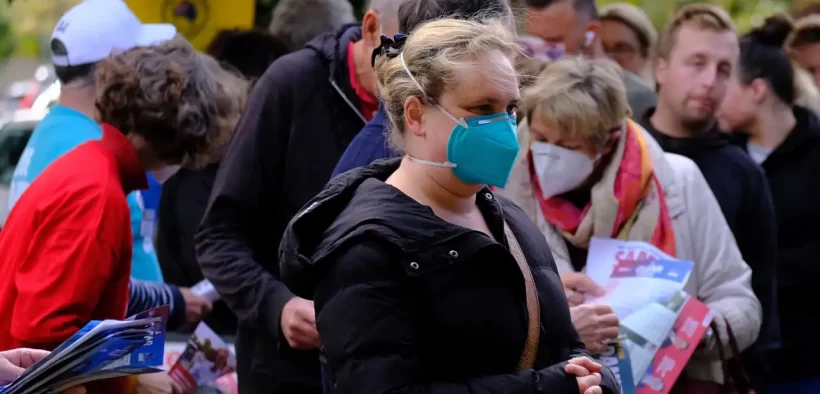He urged people using the service to be prepared when they called and to expect delays because staff could be “effectively reading out the ballot paper”.
“If people need the entire ballot paper read out, there will be queues, but it will ensure everyone can vote,” Mr Rogers told the ABC.
The AEC also confirmed on Friday that all 76 regional polling places it has identified as being in danger of not opening due to staff shortages had now recruited enough workers.
It had warned on Wednesday that towns and communities in the federal electorates of Capricornia, Flynn, Kennedy and Leichhardt in Queensland, Barker and Grey in SA and Durack and O’Connor in WA could be impacted by the shortages.
Advocacy group GetUp said the potential closure of booths in electorates with some of the highest rates of Indigenous voters in the country was tantamount to “voter suppression”.
Mr Rogers said the effort over the past few days to be able to ensure all booths can open had been “mammoth”.
“We cannot thank people enough – our colleagues across government and the community have stepped up to lend a hand, and Australians have stepped forward for democracy,” he said in a statement on Friday evening.
But Mr Rogers warned that it being “a pandemic election” meant there could still be COVID-related staff shortages at booths on Saturday.
“Our 105,000 workforce across Australia has had approximately 15 per cent turnover in the past week alone and this risk will continue tomorrow morning,” he said.
“If some of the small number of people we’ve lined up to work at a local voting centre withdraw on the morning of the election, we may not have back ups available in that town.
“To voters, if there is a queue remember to treat our staff with kindness. You wouldn’t have a local polling place with them.”
More than 4.6 million people across Australia had voted via pre-poll by Thursday night, according to the AEC.
It said Thursday was the biggest single day of early voting in Australia’s history, with 743,000 cast, and tipped Friday to again break that record.
Julia Gillard implores Australian women to vote for Labor
Former prime minister Julia Gillard has told Australian women to vote for Labor, saying a government under Anthony Albanese will be a “government for women”.
“I’ve got a particular message for Australian women, having served as the only woman to hold the job as prime minister,” Ms Gillard said.
“You would know in the years since that I’ve made my focus [on] women’s leadership, amongst the biggest things that I do. What I want to see for this country is a government that cares about, values and includes women. And I know that a government led by Albo will do precisely that.
“So Australian women, if you want to make a better choice, please, tomorrow, go to your ballot places, go to your polling stations and vote Labor and vote for Albo to the prime minister.
“I am very confident it will be a government for women.”
SBS
